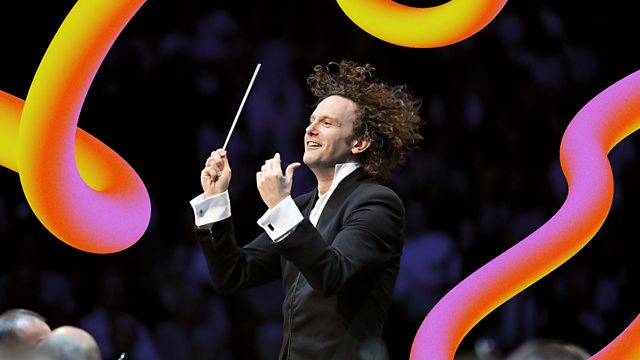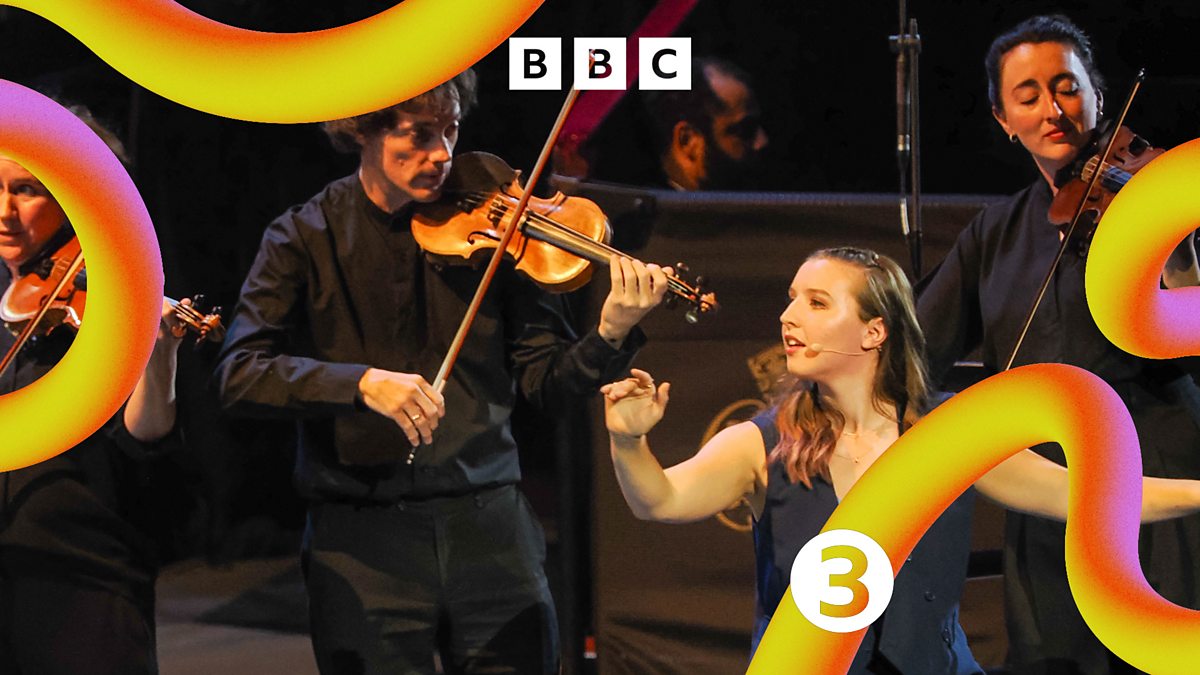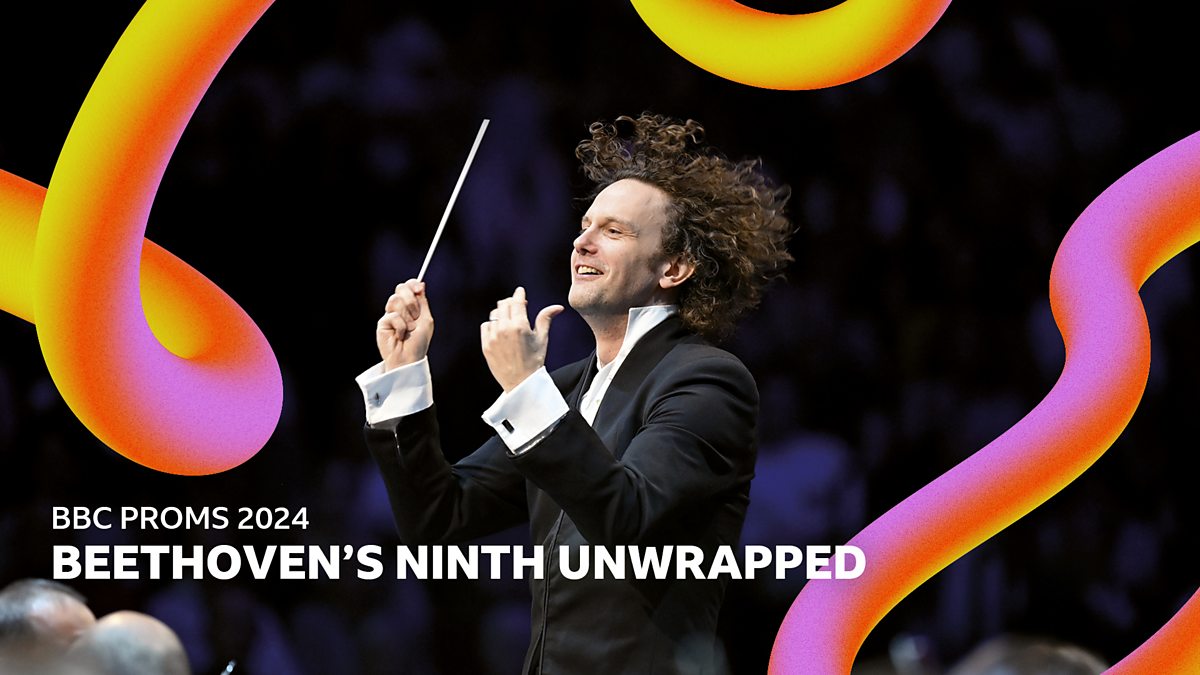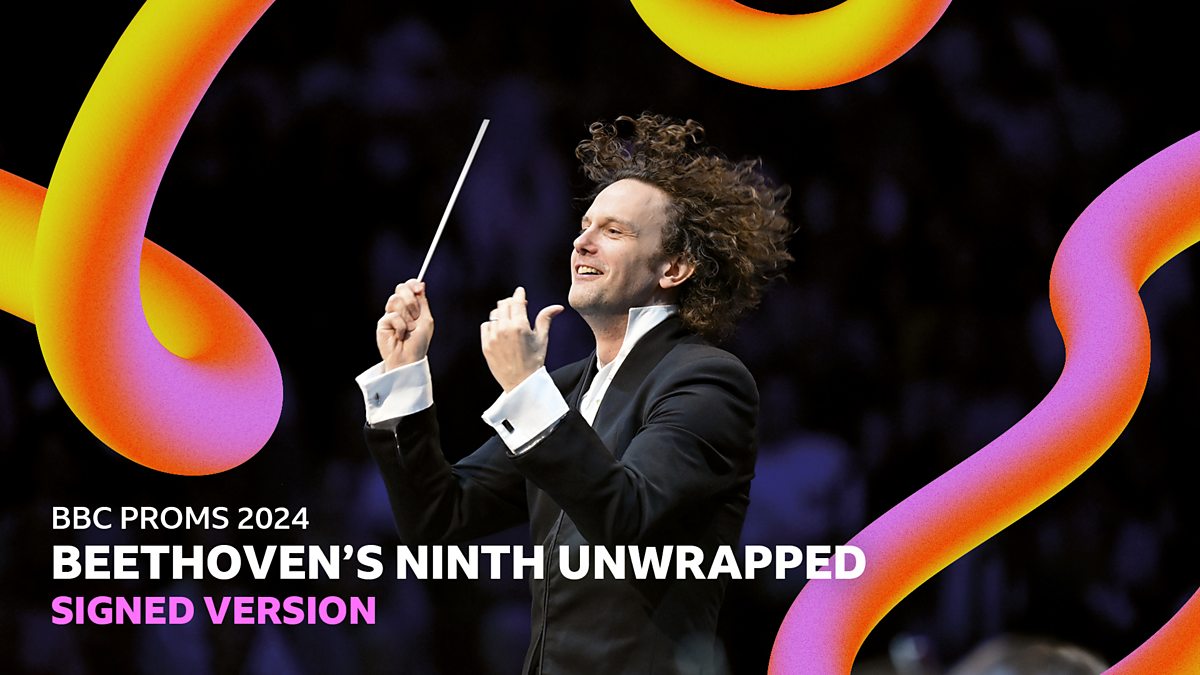Wednesday 21 August 2024
19:30
Royal Albert Hall
A musical and dramatic exploration of Beethoven’s Symphony No. 9
Interval
Beethoven: Symphony No. 9 in D minor, ‘Choral’, op. 125 (all artists performing from memory)
[Encore: Beethoven: Symphony No. 9 - IV. Finale, Poco allegro, stringendo il tempo, sempre più allegro – Presto (final section, musicians dispersed throughout the hall)]
Rhiannon May, actor (Proms debut artist)
Tom Simper, actor and BSL interpreter (Proms debut artist)
Masabane Cecilia Rangwanasha, soprano
Marta Fontanals-Simmons, mezzo-soprano
Brenden Gunnell, tenor
Christopher Purves, baritone
James Bonas, director (Proms debut artist)
Matthew Eberhardt, director (Proms debut artist)
Jane Mitchell, director (Proms debut artist)
Aurora Orchestra
BBC Singers
National Youth Choir
Nicholas Collon, conductor and presenter
19:30
Royal Albert Hall
A musical and dramatic exploration of Beethoven’s Symphony No. 9
Interval
Beethoven: Symphony No. 9 in D minor, ‘Choral’, op. 125 (all artists performing from memory)
[Encore: Beethoven: Symphony No. 9 - IV. Finale, Poco allegro, stringendo il tempo, sempre più allegro – Presto (final section, musicians dispersed throughout the hall)]
Rhiannon May, actor (Proms debut artist)
Tom Simper, actor and BSL interpreter (Proms debut artist)
Masabane Cecilia Rangwanasha, soprano
Marta Fontanals-Simmons, mezzo-soprano
Brenden Gunnell, tenor
Christopher Purves, baritone
James Bonas, director (Proms debut artist)
Matthew Eberhardt, director (Proms debut artist)
Jane Mitchell, director (Proms debut artist)
Aurora Orchestra
BBC Singers
National Youth Choir
Nicholas Collon, conductor and presenter






Comment